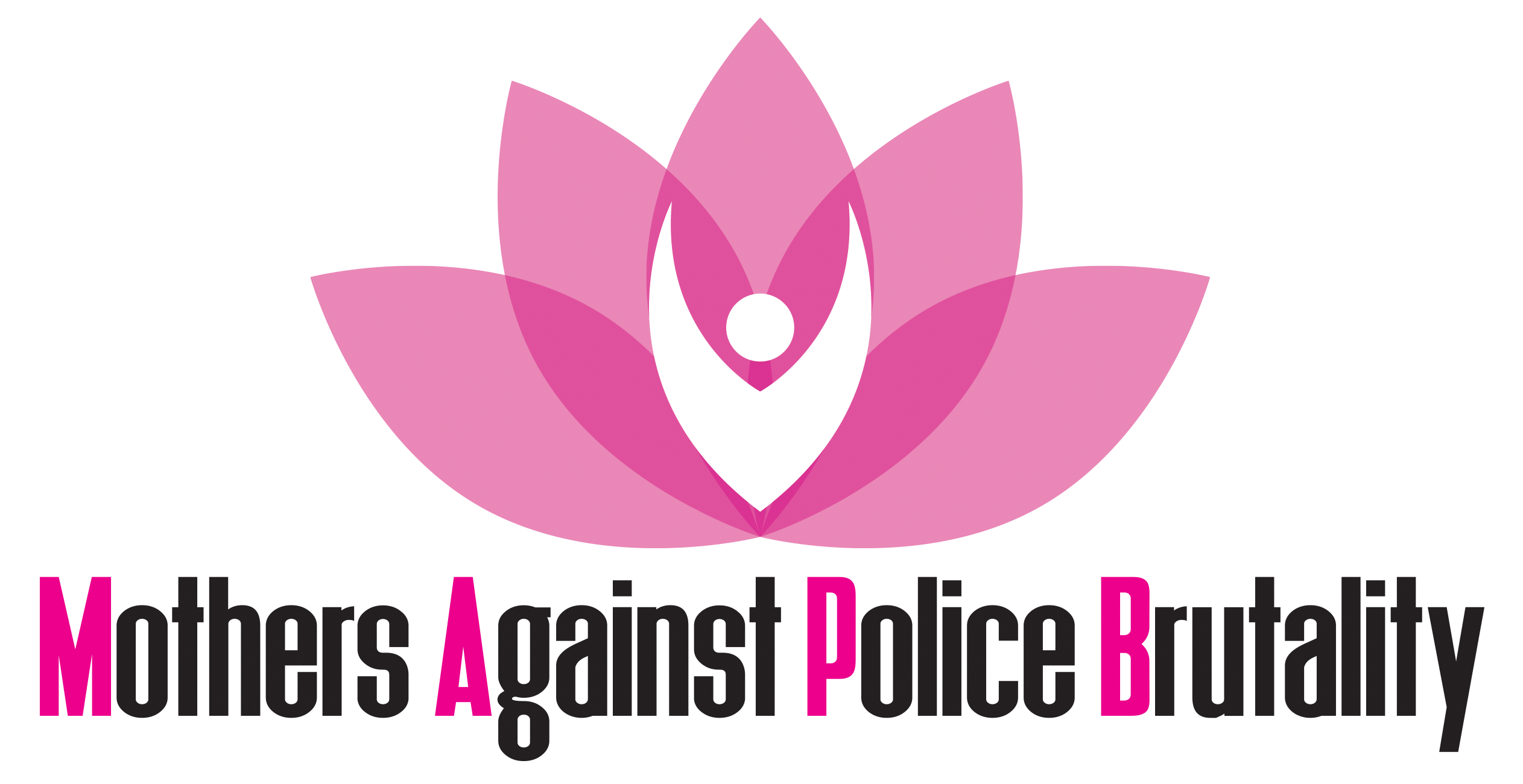FOR IMMEDIATE RELEASE
Dallas, Texas, May 18, 2015 – Now that the dash-cam video has been released, the public can see one more preventable death at the hands of local police. Ruben Garcia was shot to death on February 20 by Grapevine police officer Robert Clark, as Garcia walked slowly toward the officer holding his hands on top of his head. The video reveals that Garcia was trying, despite being inebriated, to surrender. His hands are constantly visible once he leaves the car — up in the air, on his head, behind his back (as if asking to be cuffed), then on his head again. At about 5:40 (five minutes, forty seconds) into the dash-cam tape, Garcia begins to walk toward the officer with his hands on top of his head. At 5:46 Garcia has his back to the officer. At 5:49 Garcia turns toward the officer, walking slowly, his hands still on his head. At 6:14 Officer Clark fires the two fatal shots. Where is the officer’s Taser? Where is his training in apprehending an unarmed suspect without deadly force? Hasn’t he ever hand-cuffed an intoxicated driver before? Where is the use of proportional force, i.e., relative to what the suspect is using (in this case, none) or how strongly a suspect is resisting (in this case, not at all), that is part of standard deadly force policy?
Closely following the no-bill in Dallas County in the killing of Jason Harrison, and the high-profile cases in Ferguson and New York, this no-bill is one more link in the chain of unaccountable police violence against the public. There is a larger issue that the political leadership here and in Washington refuses to face. This consistent failure to even seek a trial in police shootings of unarmed and mentally ill suspects is an ethical failure, an ongoing moral disaster that is subverting the social contract across the country. In Tarrant County, an officer can with impunity gun down an unarmed man, an immigrant, holding his hands on his head.
In Dallas County, two officers can with impunity gun down a mentally ill black man standing on his porch holding a screwdriver. What is the life of a Mexican immigrant worth? What is the life of an African-American man with a history of mental illness worth? What are their lives worth, that local police can kill them almost at will? Local government officials are evidently powerful enough to control the grand jury process — but they will find soon enough that they cannot control the consequences of a broken social contract.
About Mothers Against Police Brutality
Mothers Against Police Brutality (MAPB) Mothers Against Police Brutality (MAPB) is an emerging, Dallas-based multi-generational, multi-racial, and multi-ethnic coalition uniting people nationally, from all walks of life, to hold law enforcement agencies more accountable. Collette Flanagan founded MAPB in 2013 after her son, Clinton Allen, an unarmed young man in custody, was shot to death by a Dallas police officer. MAPB works for an immediate end to the use of deadly force against unarmed persons; for changes in the overall use of excessive and deadly force to stop unnecessary injury and death; for changes in the treatment of mentally ill persons by police; for assistance to the families of the victims of police violence; for transparency and objectivity in the investigations of police misconduct; and for other changes in police policies and procedures to protect the lives of civilians, with a particular focus on protecting the lives of African American and Latino youth. Transforming grief into determination, Flanagan and MAPB are leading the charge to change deadly force policy in Dallas and throughout the U.S., to support families who have lost loved ones to police violence, and to help restore trust between the police and the communities they are sworn to serve and protect.
